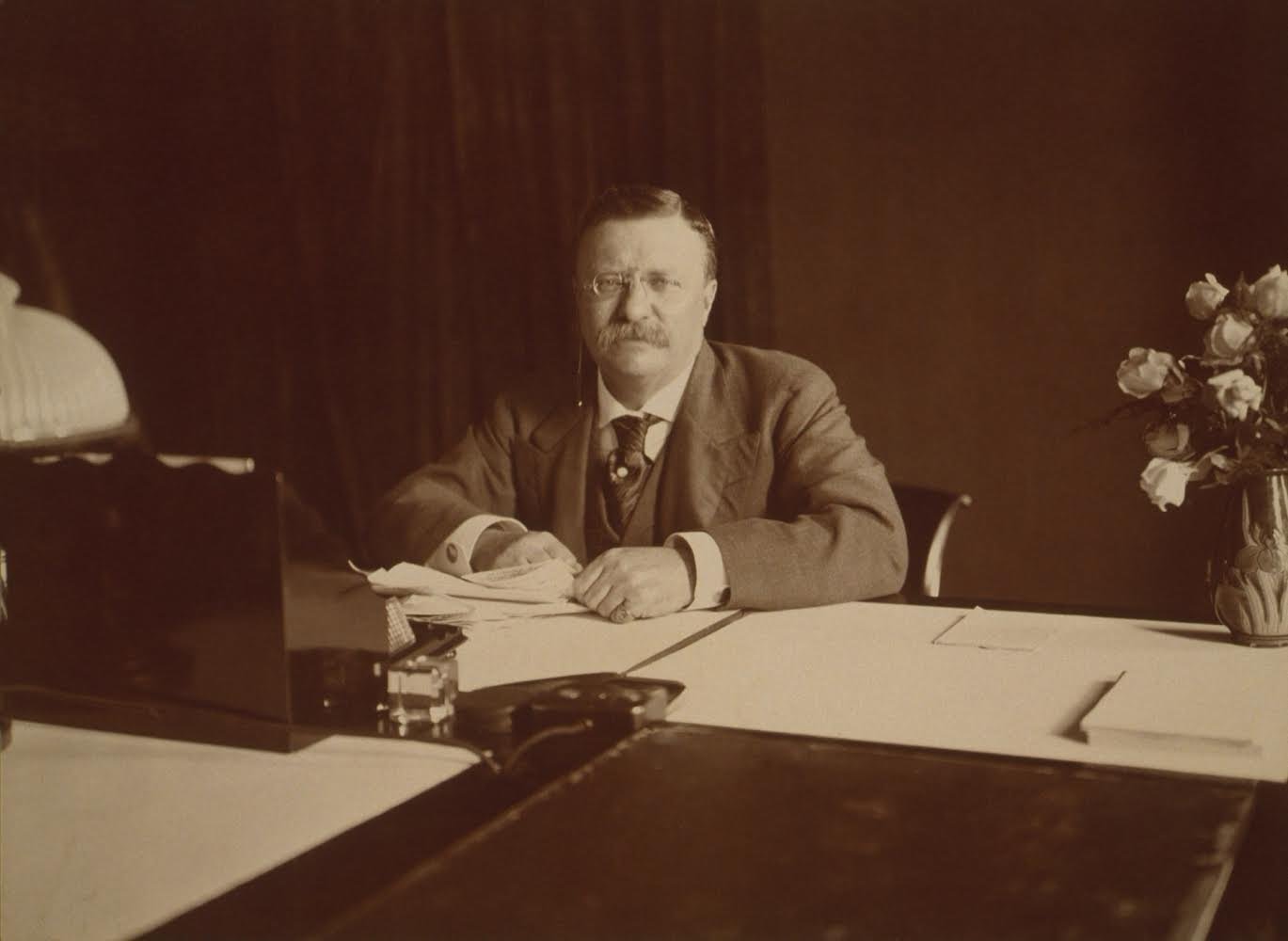During Theodore Roosevelt freshman year at Harvard College in 1876-1877, Teddy’s known to have a variety of interests. As cataloged by Edmund Morris in his biography, “The Rise of Theodore Roosevelt,” Roosevelt’s interests and activities were body building, boxing, wrestling, dance lessons, poetry reading, and an obsession with naturalism.
One could easily infer that Roosevelt might not have enough time for his studies with all the things he gets busy with after school—therefore, failing his subjects. However, that was far from the truth. He earned honors on majority of his subjects during his freshman year. This may have been hard to believe for any ordinary person, but Teddy’s focus is anything but ordinary.
Roosevelt would start taking note of all his time between 8:30 am and 4:30 pm, minus the time he spends in classes, lunch, and athletic training. For the remainder of the eight hours, Roosevelt will get into an intense and relentless study. Relative to other students, the amount he spends studying is no significant. According to Morris, “his concentration was so intense, and his reading was so rapid,” that he doesn’t spend as much time studying relative to other students.
With his relentless intensity to focus on his studies, he’s able to absorb and process the lessons much faster than usual. This allowed him to spend the rest of his day (outside of school hours) to read poetry, while jabbing on punching bags, and pumping those irons at the gym.
What does relentless intensity look like?
In present times, that means pouring your entire attention and energy in completing the task at hand—no checking of Instagram, no checking of news and events online, no checking of emails, and no chatting with neighbors.
If you’re a writer, there are apps like iA Writer and WriteRoom, that removed many of the word-processing features so that you can simply focus on putting words to paper. They have full-screen and ‘do-not-disturb’ features that will block common technology distractions. You’ll be less tempted to open an internet browser or see pop-up notifications.
Now that you’re seeing this, you’re probably thinking that Teddy Roosevelt had it easy because he didn’t have smartphones or any of those pesky pop-up notifications to distract him from his focus work. One can agree that there are other things folks in the late 1870s were obsessed with to have fun. Roosevelt just chose to spend his spare time wisely, and with intense purpose.
We’re nearing the end of October as I’m writing this. On top of running operations and strategy of my service at work, I’m also involved in security and risk activities, process improvement projects, and other large-scale efforts that are necessary. Aside from these auxiliary tasks, I’m also speaker for a global tech support conference in November.
If I rely on my regular intensity of focus to do all these, I’ll either not complete my work or I would complete it, but at a much lower standard. Learning from Roosevelt, I’ll need to remove all distractions and force myself to work with full intensity. Though my focus still requires so much work to be even a fraction of Roosevelt’s level, I found that I can’t completely rely on myself to shut-off distractions.
To achieve an elevated level of focus, I would leave my laptop and other mobile devices at my desk, bring a writing pad and a few books for my research, then head to a quiet area at our cafeteria. This setting allows me to force myself to the task at hand. No pop-up notifications, not temptation of browsing Instagram or even my emails. Just me, my pen, my pad, and my thoughts—working hard to complete my speech.
Crowdsourcing FTW
How do you achieve deep focus in your personal and professional life? What tips and tricks are you deploying to be successful in achieving this level of focus? What are your main distractions and how do you overcome them?

